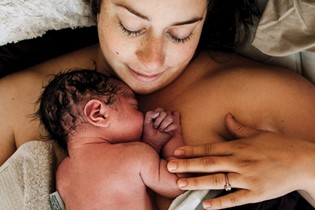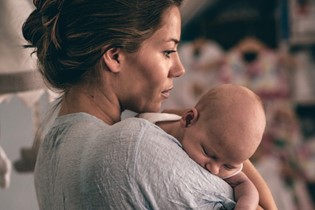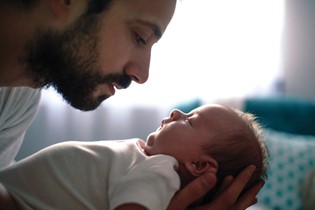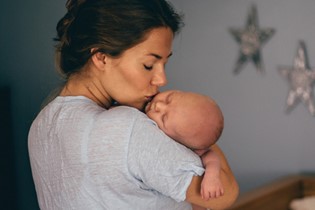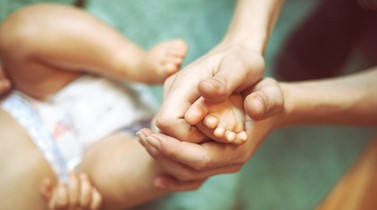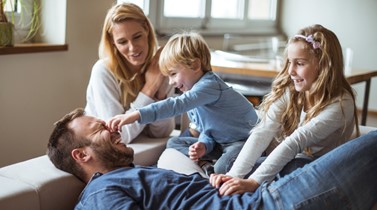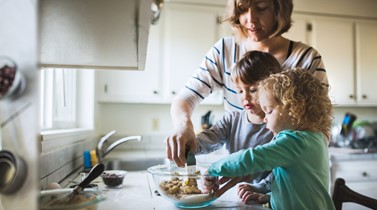Helping kids cope with moving to a new town
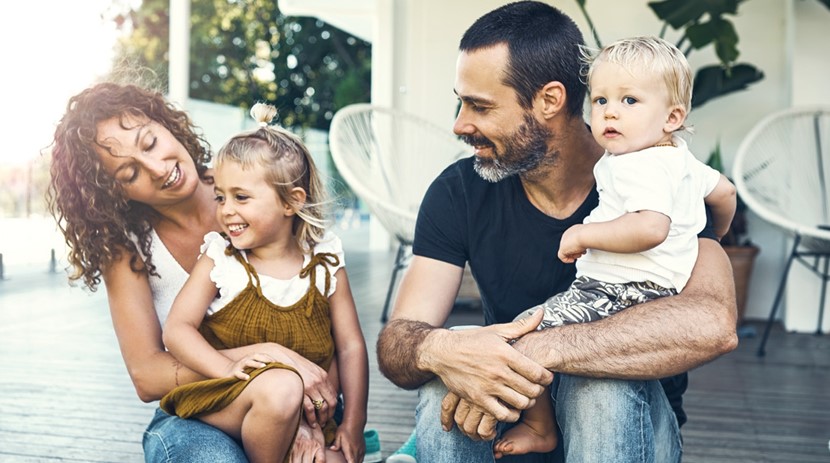
Moving towns can be an exciting adventure for a young family, but without a good strategy, it can quickly get stressful. Kirsty Foster, mum of an ex-Air Force family, shares her game plan.
While our family was with the Air Force, we went through a period where we moved four times in five years. Throughout that season, we refined the following systems and techniques for packing up our possessions and relocating. I hope they will help you and your family with your big move, making it the exciting adventure it should be.
Do your research
Before you move, scour the internet for useful information about your new town. Join Facebook groups, ask local parents questions about the area, eg Where are the good playgrounds? What’s the best café? What activities are available for kids?
Find a playgroup (or similar) to attend in the first week. This will help you all feel a sense of belonging in your new community and it will allow you to meet other local families. If you have older children, find out what activities are in the area and book them in for free trials before you move. The sooner the children get back into the things they love, the happier they will be.
When choosing preschools and schools, make contact well before you arrive as there can be long waiting lists.
Seek support
At times throughout this transition your children will feel anxious, bored, tired, and a lot of other challenging emotions. Do you have a kind friend or family member who could spend a couple of days supporting your family at both ends of the move? Perhaps that person could take the children out for their last day, saying farewell to their old environment and then, when you arrive at the new destination, they could take your child out exploring, leaving you to get on with the leg work of packing and unpacking.
Demonstrate a positive and relaxed attitude (fake it if you need to!)
Children take the lead from their parents. How you are feeling about the move is, without a doubt, going to rub off on them. Try not to expose the stress and turbulence of the move to your children. Attempt to only share the positive aspects of the move. If you are positive and calm, they will be too.
Need-to-know basis
Your children will probably be feeling a bit nervous. Sometimes providing too much information can exacerbate these nerves. Keep them on a need-to-know basis. I like to make a photo book to read with the children every day for a month leading up to the move. It keeps them informed in an age-appropriate format and helps them (and you) look forward to the change. They are also great keepsakes to look back on in the future.
Here’s some ideas on what to include:
Where are we moving to?
Include a map with the new town highlighted and have photos of the local landmarks of the new town, especially playgrounds and any other fun things in the area. The children will recognise the landmarks when you arrive.
Why are we going?
Just a simple sentence to explain the reason the move is required, eg ‘Daddy has a new job in Wellington so we are moving to be closer to his new work’. Have a relevant photo, eg Daddy at his new work building.
Everyone in our family is coming
This is obvious to us, but it’s important to over-emphasise to the children that everyone in the family is moving, including the pets and the special toys. Have a photo of the family (including the pets and special toys) on this page.
Where will we live?
If possible, take the family for a visit to the new home before you move. Take photos of the child’s favourite parts of the house, eg the big garden, and display these here.
What’s fun to do at the new place?
On this page include photos of all the great attractions that are in the new town. If you pay a visit before you move, take photos of the children trying out the various places and include these too.
We will see our friends and family again soon
Your children may be feeling worried about the people they are leaving behind. Include a photo of your family Skyping a special person. This way the children will understand that they can still have a relationship with these people. If you are not moving too far away, you could explain that you can visit these people from time to time and they will come to visit you at your new house too.
When are we going?
On this last page have a countdown of days until you leave. Every day, after you have read the book, encourage your children to cross off the day. Make the last day big and bold with a star around it so they get really excited about moving day!
Coping with the post-move blues
Sometimes, a few days post-move once the novelty has worn off, children can feel a bit homesick. Before you move, ask the person your children are going to miss the most (eg Grandma), to provide special cards and maybe a small gift. Wrap them up and keep them WELL hidden until the post-move blues hit – then give your children their gifts. It’s a small gesture, but knowing that the special person was thinking of them, might be just enough to get them through the little speed bump.
Moving on up
Keep in mind that children are very adaptable. Don’t feel guilty about moving, instead think of all the amazing life skills they are gaining – such as getting out of their comfort zone, building resilience and learning how to make new friends. Moving can also bring your family closer together. You must rely on each other, be a team and show each other love and compassion.
Kirsty Foster is a mum, wife, teacher, early childhood adviser and founder of Parenting Little Learners. She offers in-home consultations and one-on-one advice on parenting. Find out more at littlelearners.site.

AS FEATURED IN ISSUE 38 OF OHbaby! MAGAZINE. CHECK OUT OTHER ARTICLES IN THIS ISSUE BELOW



